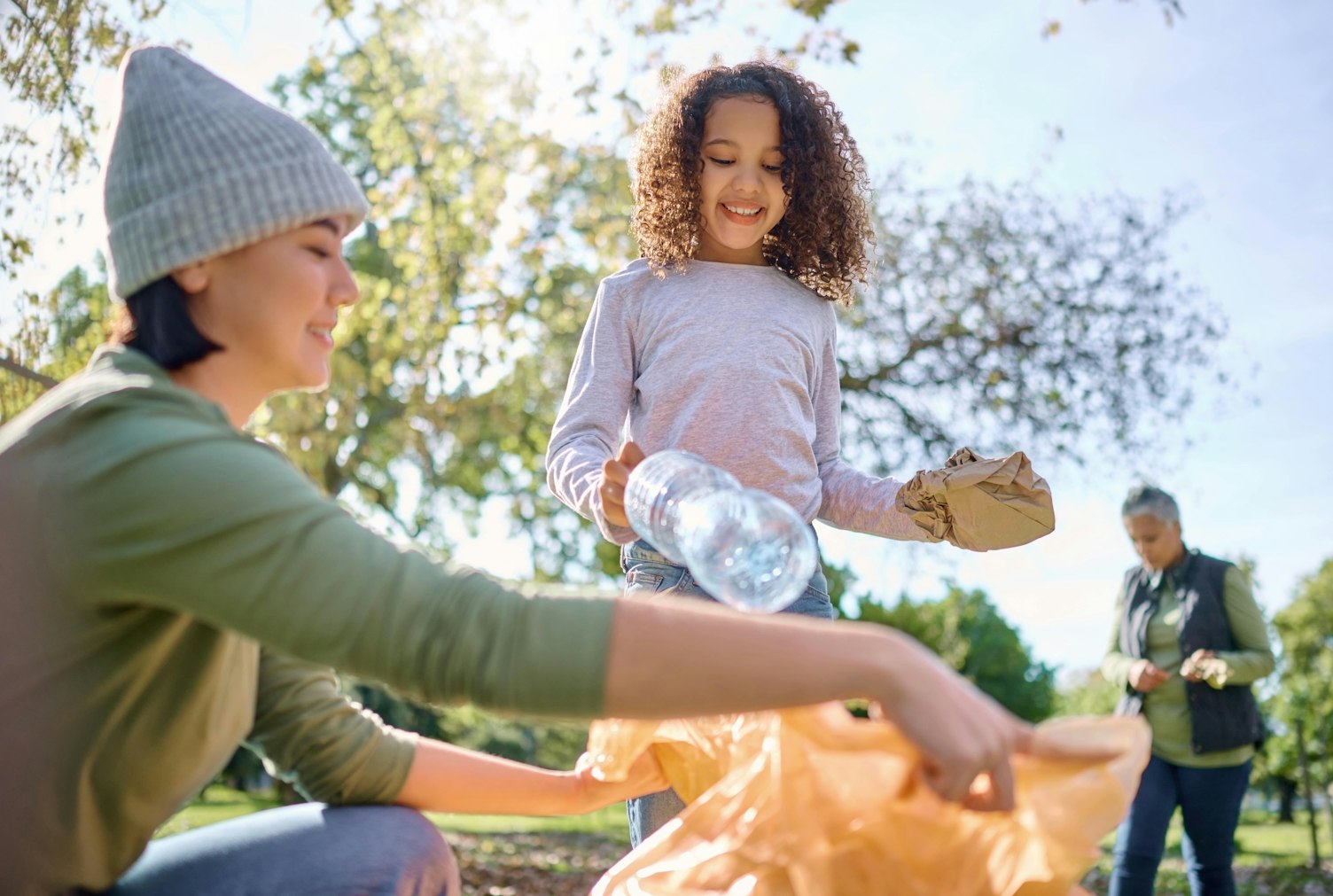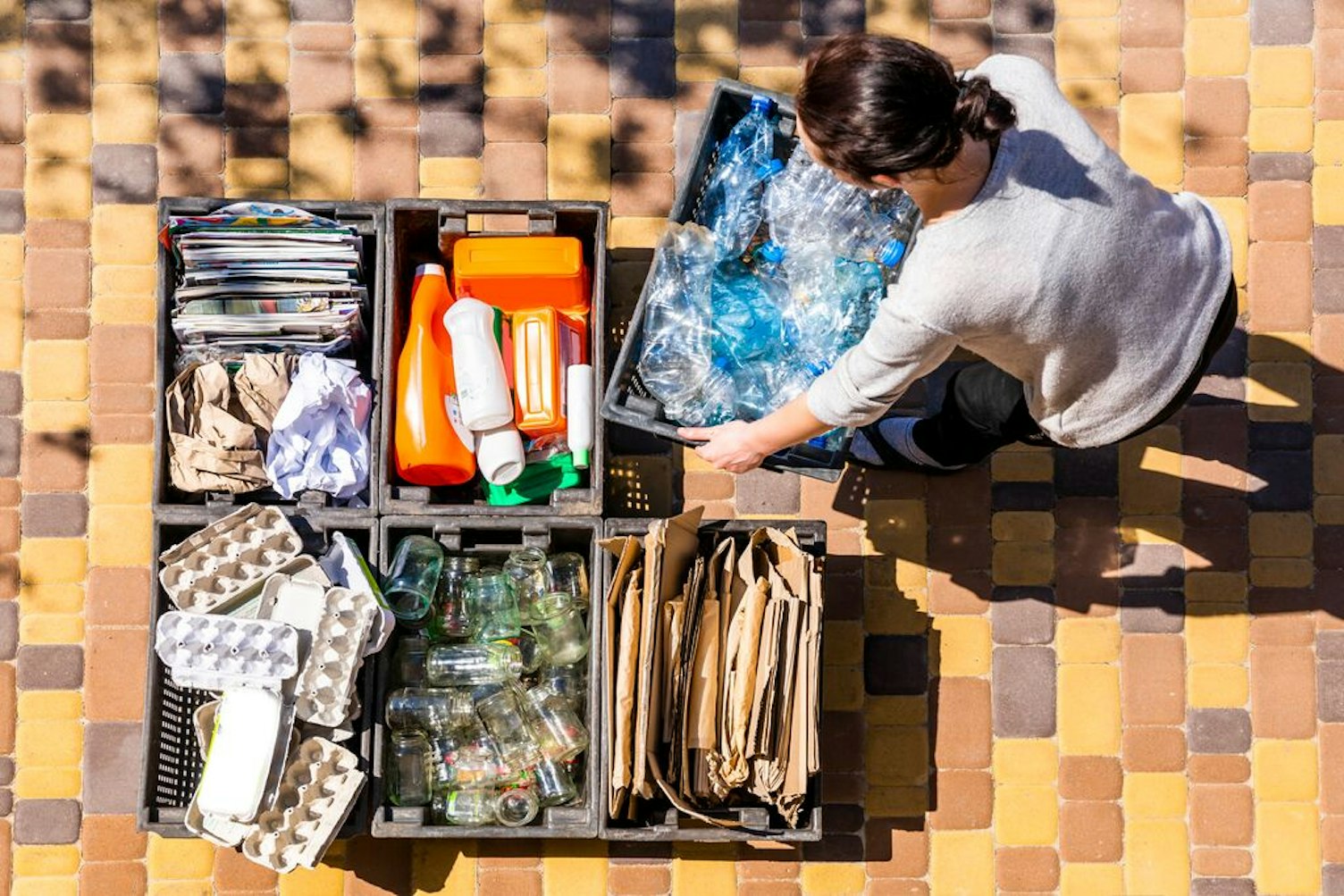Recycled polyester now has a 15% market share in the textile industry, and it’s growing. The primary source for this material is polyethylene terephthalate (PET) plastic bottles, accounting for 99% of the supply.
With demand for recycled materials increasing, reliable verification of recycled content in textiles is crucial for authenticating environmental claims and demonstrating your commitment to sustainability and to prevent the risk of greenwashing.

Qualitative and quantitative solutions
Our two verification schemes help you improve transparency and traceability in your value chain.
- Qualitative Verification Scheme (SGS rPET100-2022) – combines isophthalic acid (IPA) analysis with advanced techniques to accurately identify rPET from bottles
- Quantitative Verification Scheme (SGS rPET200-2022) – uses mass balance accounting to verify that products have a minimum of 5% rPET material from PET bottles
Advantages
- Convenient – seamless integration into supply chains to empower traceability and enhance recycled material management
- Fast – short turnaround times to enable timely production and marketing plans
- Cost-effective – meet sustainability goals with affordable verification solutions
- Reputation – enhance your brand’s reputation by substantiating environmental claims and showcasing your commitment to sustainability
- Reduce risk – ensure regulatory compliance, avoid penalties and maintain customer trust

Why choose rPET solutions from SGS?
We are recognized as the benchmark for quality and integrity in the textile industry. Wherever you operate in the world, our experts are ready to support you in the verification of recycled materials to help you meet your global sustainability goals.
7, M. Eminescu Street,
Republic of Moldova,
Chisinau, Moldova